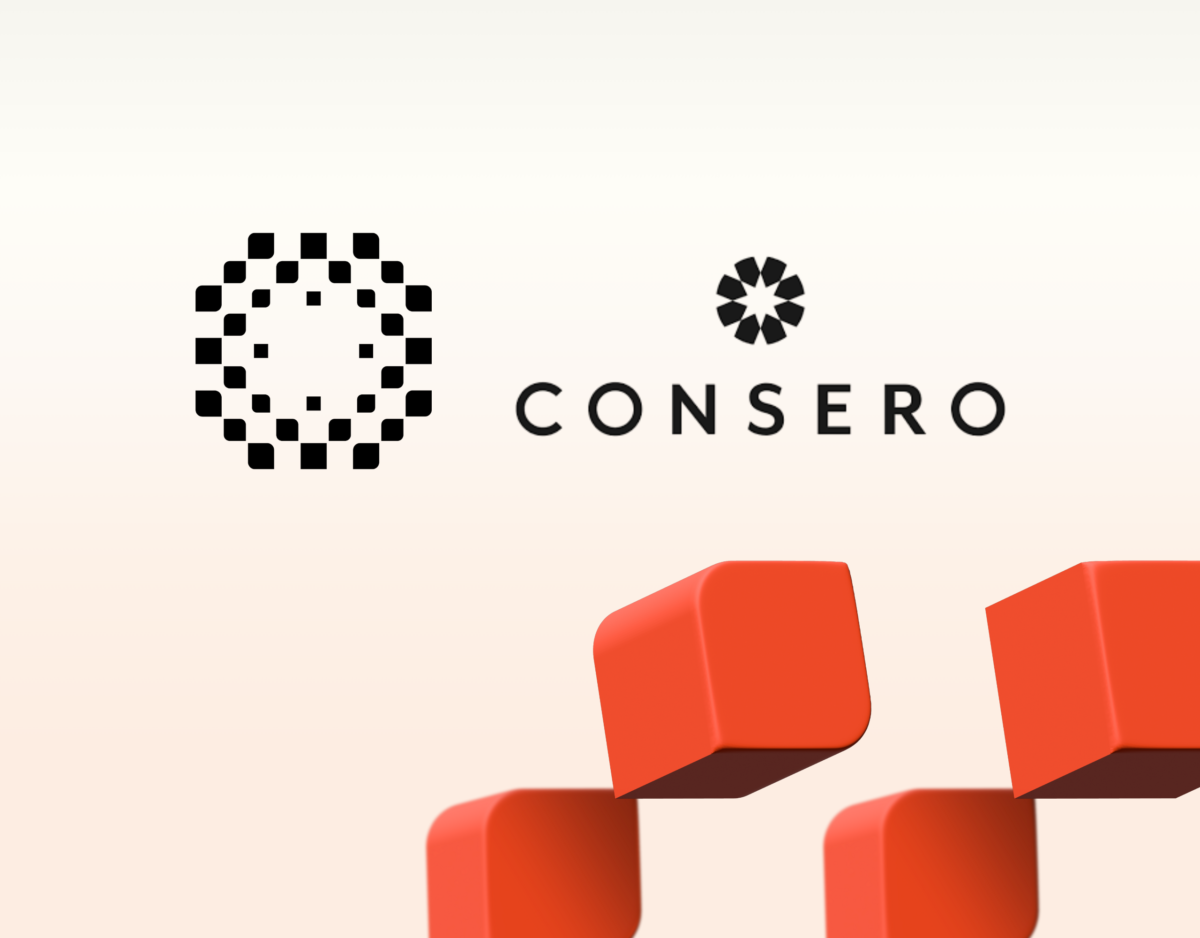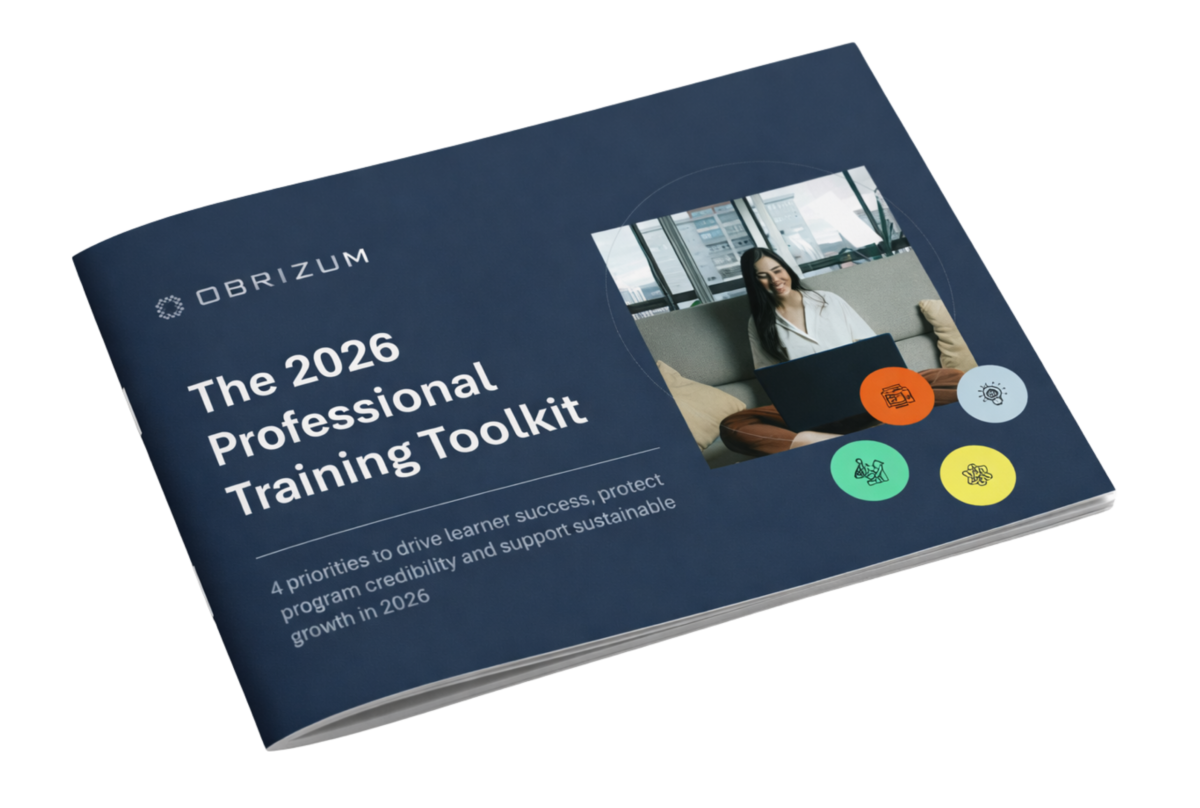
Published on 9th February 2024
How do I know if my certification courses need adaptive learning?
As the world of work continues to evolve at breakneck speed, organisations and their training providers face a growing challenge when it comes to keeping their employees up to date with the latest skills and certifications.
From regulatory changes to technological enhancements, there are many reasons why some skills become obsolete and the need for new skills emerge.
This reality has exposed why professional training, in its most typical and current form, is inherently flawed. It assumes all learners start at the same level of competency, progress at the same rate, and have the same confidence levels.
Specifically, there are three major reasons why training programmes may not be working, and why adopting a fresh approach such as adaptive learning could be the right move.
1. Current training programmes are based on linear learning models.
This one-size-fits-all approach is often unable to scale and adapt to growing and changing information that organisations need to incorporate into their operations. It can lead to the creation of irrelevant content that fits already possessed skills, both wasting time and alienating participants in the process.
2. Linear approaches typically involve pre-programmed fixed decision trees.
These require manual input and reduce the ability to create tailored, individualised programmes.
3. There is a lack of data and analytics from learners to base course development on.
Knowledge uptake is often poorly assessed, while user confidence levels are often ignored altogether.
Three questions all training providers need to consider
In short, certification training often lacks a truly personal touch. If your courses are not delivering on their objectives, with learners not progressing through them from start to finish, a lack of personalisation could well be the underlying cause of the issue.
Likewise, all training providers should be seeking continuous improvement and ways of achieving more from their programmes.
Whichever category you fall into, it is worth asking yourself three critical questions:
- Does your current learning platform deliver tailored content to each learner based on their competency, confidence and existing knowledge?
- Do your courses deliver in-depth analysis of learner performance, beyond simple completion statistics?
- Does your platform require minimal manual effort from your team to input information and organise content?
If the answer to any of those questions is no, then it’s time to make a change.
Adaptive learning, which can be provisioned through platforms such as OBRIZUM, leverages AI to analyse constant data inputs and feedback cycles – this enables training providers to create highly bespoke, agile and adaptable learning programmes.
Rather than prescribing each learner with the same rigid formula, adaptive learning platforms act like a personal tutor, adapting the course based on the individuals’ requirements. Thanks to detailed and constant data inputs, training material is adjusted based on the learner’s strengths, weaknesses and learning style, making the learning and development process more engaging, relevant and enjoyable.
Is it time for you to adapt your approach to training?






